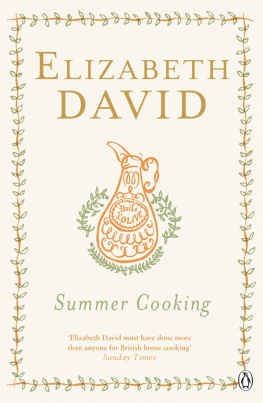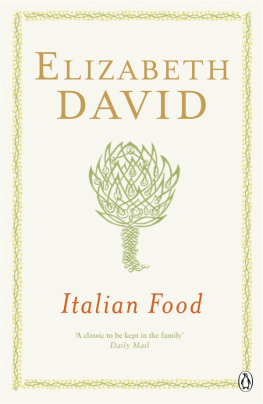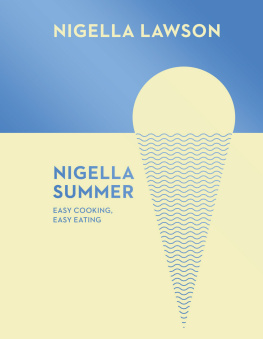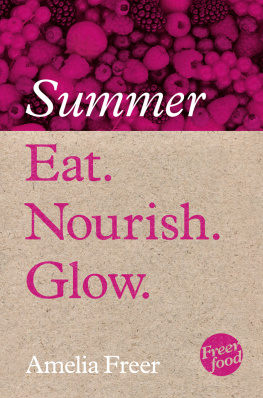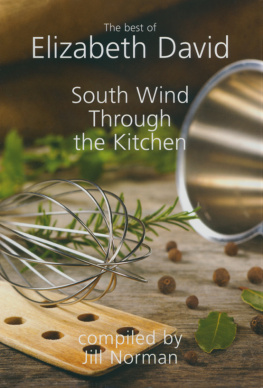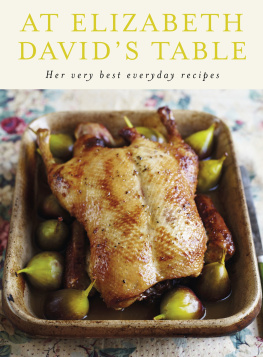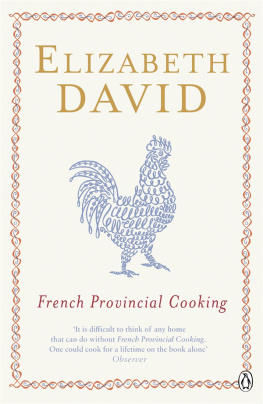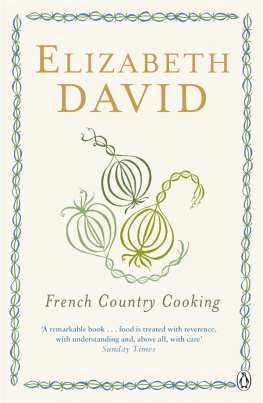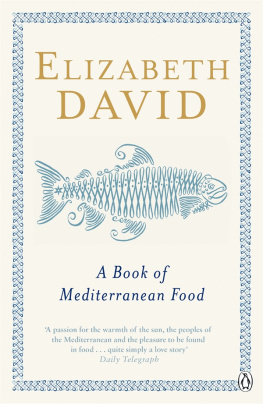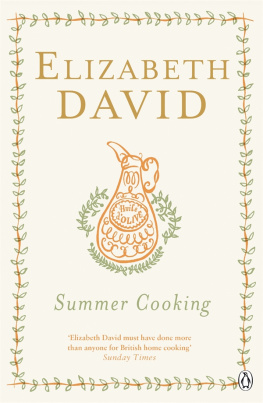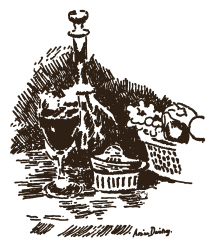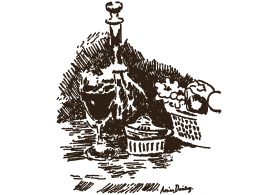PENGUIN BOOKS
Published by the Penguin Group
Penguin Books Ltd, 80 Strand, London WC2R 0RL , England
Penguin Group (USA) Inc., 375 Hudson Street, New York, New York 10014, USA
Penguin Group (Canada), 90 Eglinton Avenue East, Suite 700, Toronto, Ontario, Canada M4P 2Y3 (a division of Pearson Penguin Canada Inc.)
Penguin Ireland, 25 St Stephens Green, Dublin 2, Ireland (a division of Penguin Books Ltd)
Penguin Group (Australia), 707 Collins Street, Melbourne, Victoria 3008, Australia (a division of Pearson Australia Group Pty Ltd)
Penguin Books India Pvt Ltd, 11 Community Centre, Panchsheel Park, New Delhi 110 017, India
Penguin Group (NZ), 67 Apollo Drive, Rosedale, Auckland 0632, New Zealand (a division of Pearson New Zealand Ltd)
Penguin Books (South Africa) (Pty) Ltd, Block D, Rosebank Office Park, 181 Jan Smuts Avenue, Parktown North, Gauteng 2193, South Africa
Penguin Books Ltd, Registered Offices: 80 Strand, London WC2R 0RL , England
www.penguin.com
First published by Museum Press 1955
Revised and enlarged edition first published in Penguin Books 1965
Reissued in this edition 2011
Copyright Elizabeth David, 1955, 1965
The moral right of the author has been asserted
All rights reserved
ISBN: 978-1-405-91398-0
THE BEGINNING
Let the conversation begin...
Follow the Penguin Twitter.com@penguinukbooks
Keep up-to-date with all our stories YouTube.com/penguinbooks
Pin Penguin Books to your Pinterest
Like Penguin Books on Facebook.com/penguinbooks
Find out more about the author and
discover more stories like this at Penguin.co.uk
PENGUIN BOOKS
SUMMER COOKING
Elizabeth David discovered her taste for good food and wine when she lived with a French family while studying history and literature at the Sorbonne. A few years after her return to England she made up her mind to learn to cook so that she could reproduce for herself and her friends some of the food that she had come to appreciate in France. Subsequently, Mrs David lived and kept house in France, Italy, Greece, Egypt and India, as well as in England. She found not only the practical side but also the literature of cookery of absorbing interest and studied it throughout her life.
Her first book, Mediterranean Food, appeared in 1950. French Country Cooking followed in 1951, Italian Food, after a year of research in Italy, in 1954, Summer Cooking in 1955 and French Provincial Cooking in 1960. These books and a stream of often provocative articles in magazines and newspapers changed the outlook of English cooks for ever.
In her later works she explored the traditions of English cooking (Spices, Salt and Aromatics in the English Kitchen, 1970) and with English Bread and Yeast Cookery (1977) became the champion of a long overdue movement for good bread. An Omelette and a Glass of Wine (1984) is a selection of articles first written for the Spectator, Vogue, Nova and a range of other journals. The posthumously published Harvest of the Cold Months (1994) is a fascinating historical account of aspects of food preservation, the worldwide ice trade and the early days of refrigeration. South Wind Through the Kitchen, an anthology of recipes and articles from Mrs Davids nine books, selected by her family and friends, and by the chefs and writers she inspired, was published in 1997, and acts as a reminder of what made Elizabeth David one of the most influential and loved of English food writers. A final anthology of unpublished recipes, uncollected articles and essays entitled Is There a Nutmeg in the House? was published in 2000. This was followed in 2003 by Elizabeth Davids Christmas. In 2010, to mark fifty years since publication of Mediterranean Food, Penguin published At Elizabeth Davids Table, a collection of her best recipes and articles, illustrated for the first time with photographs.
In 1973 her contribution to gastronomy was recognized with the award of the first Andr Simon Memorial Fund Book Award. An OBE followed in 1976, and in 1977 she was made a Chevalier de lOrdre du Mrite Agricole. In the same year English Bread and Yeast Cookery won Elizabeth David the Glenfiddich Writer of the Year Award. The universities of Essex and Bristol conferred honorary doctorates on her in 1979 and 1988 respectively. In 1982 she was elected a Fellow of the Royal Society of Literature and in 1986 was awarded a CBE. Elizabeth David died in 1992.
INTRODUCTION
By summer cookery I do not necessarily mean cold food; although cold dishes are always agreeable in summer, at most meals, however hot the weather, one hot dish is welcome, but it should be a light one, such as a very simply cooked sole, an omelette, a soup of the young vegetables which are in season something fresh which provides at the same time a change, a new outlook My object in writing this book has been to provide recipes for just such dishes, with emphasis on two aspects of cookery which are increasingly disregarded: the suitability of certain foods to certain times of the year, and the pleasure of eating the vegetables, fruits, poultry, meat or fish which is in season, therefore at its best, most plentiful, and cheapest.
A couple of years ago an advocate of the tin and the deep freeze wrote to a Sunday newspaper explaining that frozen or tinned vegetables were better than fresh ones, as the pick of the crop goes straight to the factories to be frozen or tinned. Can this be a matter for congratulation? I am not unappreciative of modern marvels, and in its way the deep freeze is an admirable invention, particularly for the United States, where fresh produce has to be transported great distances. Some foods, game, for example, stand up remarkably well to the freezing process, but let us not pretend that frozen green peas and broad beans, strawberries, raspberries, and blackberries are as good as fresh. They may indeed be quite adequate, and are an incontestable blessing to people pressed for time or space, or having to provide meals at very short notice, but is it necessary for those not in such circumstances to eat all this food out of season? Frozen peas seem to have become the almost obligatory accompaniment to every meal, whether in private houses or restaurants; yet how often during the season of fresh peas, which is quite a long one, do we get a dish of those really delicate, fresh, sugary green peas? Is it because the pick of the crop has gone to the factory instead of to the market and we are therefore unable to buy them, or is it because people no longer know how to shell them and cook them and have forgotten what they taste like?

